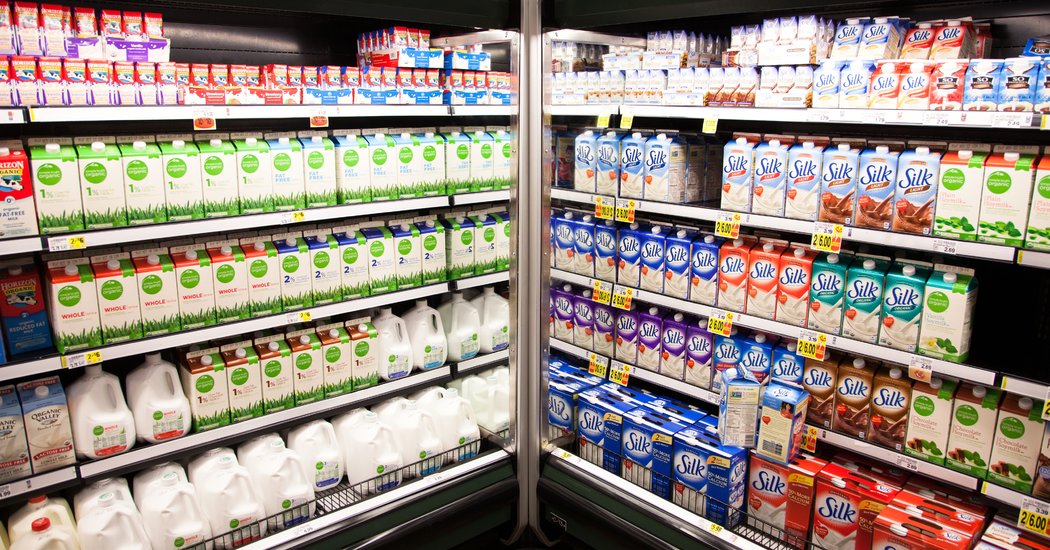A spokesman for the American Beverage Association, William M. Dermody Jr., said beverage companies agree that “it’s important for families to moderate sugar consumption to ensure a balanced, healthy lifestyle, and this is especially true for young children.”
A spokesman for the Juice Products Association, however, said that for children with limited access to fresh produce, juice can help improve fruit intake. Federal dietary guidelines recognize three-quarters of a cup of 100 percent juice as equivalent to three-quarters of a cup of fruit.
But many products that appear to contain natural juice may actually contain only a small amount of real juice, experts cautioned, saying parents must read labels carefully.
Children develop preferences for foods and beverages at a young age, and the recommendations are made with an eye to shaping a healthy palate.
About a third of children and adolescents in the United States are overweight or obese, conditions that increase the risk of developing chronic illnesses, such as high blood pressure, high cholesterol, sleep apnea, Type 2 diabetes, heart disease, stroke and some cancers.
“The hope is that through this approach, you’ll help your child develop a taste for what’s good for them,” Dr. Besser said. Though the occasional glass of 100 percent juice is not going to be harmful, “what you want your children as they grow older to be drinking primarily is water.”
The new recommendations are broken down by age group:
Birth to six months: Infants should drink only breast milk or infant formula. They should not drink juice, milk, flavored milk, so-called transition or weaning formulas (also called toddler milks, growing-up milks or follow-up formula), low-calorie sweetened beverages (diet or “light” drinks, or those sweetened with Stevia or Sucralose).














